With electric vehicles (EVs) becoming more common, the range of home EV chargers in the UK has expanded in 2024. These chargers offer functionality, design, and smart technologies for a seamless charging experience. Home chargers can reduce charging time, ensure the vehicle is always ready for use, and potentially lower charging costs compared to public solutions.
Factors to consider when selecting a home EV charger include compatibility, charging speed, cost, ease of installation, and smart charging features. The best home EV charger UK 2018 offers the top-rated electric vehicle charger and a reliable home charging station for EV owners.
- Electric vehicles are becoming more common in the UK, leading to an expansion in the range of home EV chargers.
- Home chargers offer functionality, design, and smart technologies for a seamless charging experience.
- Factors to consider when selecting a home EV charger include compatibility, charging speed, cost, ease of installation, and smart charging features.
- The best home EV charger UK 2018 provides the top-rated electric vehicle charger and a reliable home charging station.
- Choosing the right home EV charger can ensure a convenient and cost-effective charging experience.
Understanding EV Charging at Home
Charging an electric vehicle (EV) at home offers convenience and cost savings. Home charging allows EV owners to start each day with a full charge, eliminates the need to find public charging stations, and takes advantage of off-peak electricity tariffs. Home EV chargers come in two types: Level 1 chargers that plug into a standard household outlet for slower charging and Level 2 chargers that require a dedicated circuit for faster charging. Home EV chargers can be tethered or untethered, providing different installation and flexibility options.
EV owners in the UK have several options when it comes to home charging. Level 1 chargers, also known as portable chargers, are a convenient and affordable choice. They can be plugged into a standard household outlet, eliminating the need for any special installation. However, these chargers have a lower charging speed and are best suited for overnight charging.
For faster charging, Level 2 chargers are recommended. These chargers require a dedicated circuit and need to be installed by a qualified electrician. Level 2 chargers provide a higher charging speed, allowing EV owners to charge their vehicles more quickly. This is particularly beneficial for those who need to charge their vehicles during the day or have a higher daily driving range.
When it comes to installation, home EV chargers can be tethered or untethered. Tethered chargers have a cable permanently attached to the charger, making it convenient for quick and easy charging. On the other hand, untethered chargers require the EV owner to use their own cable, providing more flexibility but requiring an additional cable purchase.
Overall, understanding the different types of home EV chargers and their installation options is essential for a smooth and convenient charging experience. Whether it’s a Level 1 charger for overnight charging or a Level 2 charger for faster replenishment, home charging offers EV owners the flexibility and cost savings they need.
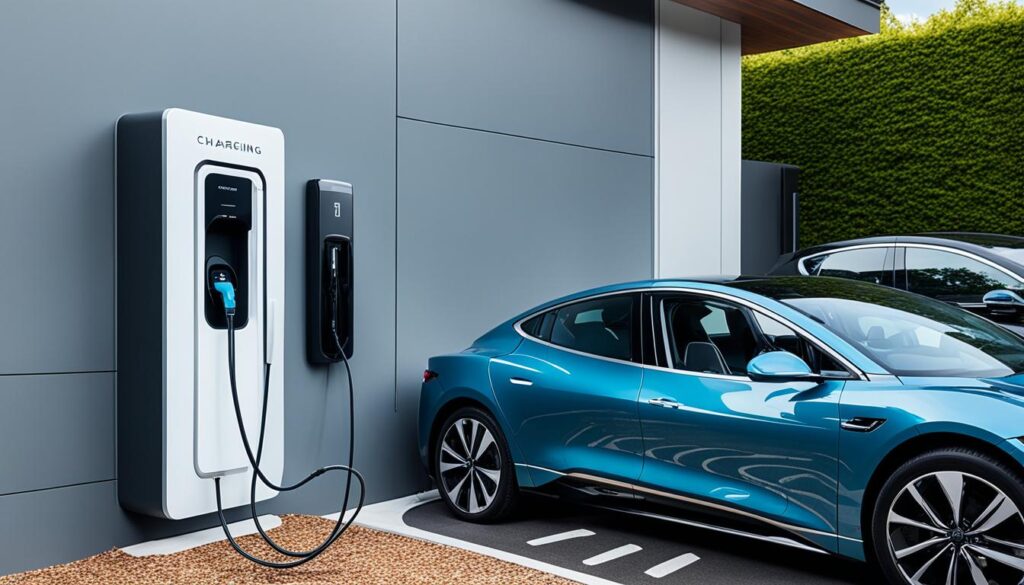
Benefits of Home EV Charging
There are several benefits to charging an electric vehicle at home:
- Convenience: With a home EV charger, you can charge your vehicle at your own convenience, ensuring it is always ready for use.
- Cost Savings: Home charging allows you to take advantage of off-peak electricity rates, potentially reducing your charging costs compared to public charging stations.
- No Need for Public Charging: Charging at home eliminates the need to find and rely on public charging stations, which can often be busy or unavailable.
- Off-Peak Electricity Tariffs: Many electricity providers offer lower rates during off-peak hours, allowing you to charge your vehicle at a lower cost during these times.
Choosing the Right Home EV Charger
When selecting a home EV charger, there are a few factors to consider:
- Charging Speed: Determine the charging speed you require based on your daily driving needs and desired charging time.
- Compatibility: Ensure that the charger you choose is compatible with your electric vehicle, considering the plug type and charging capabilities.
- Installation: Decide whether you prefer a tethered or untethered charger, considering the ease of use and flexibility.
- Smart Features: Look for chargers that offer smart charging features, such as scheduling, remote monitoring, and integration with smart home systems.
- Quality and Warranty: Consider the reliability and durability of the charger, as well as the warranty offered by the manufacturer.
By considering these factors, you can select the right home EV charger that meets your specific needs and preferences.
Selecting the Right Home Charger
When it comes to choosing a home EV charger, there are several important factors to consider. These factors will ensure that you find the charger that best meets your specific needs and preferences.
- Connection Type: One of the key considerations is whether you prefer a tethered or untethered connection. A tethered charger has a fixed cable that is permanently attached to the charging unit, while an untethered charger allows you to use your own cable. Both options have their advantages, so it’s important to choose the one that fits your charging needs and convenience.
- Charging Speed and Power: The charging speed and power of the EV charger determine how quickly your vehicle can charge. Consider the power output of the charger and the charging speed it offers to ensure it aligns with your desired charging time and requirements.
- Ease of Use and Installation: Look for a home EV charger that is easy to use and install. Some chargers come with user-friendly interfaces and intuitive controls, making the charging process hassle-free. It’s also important to consider the installation requirements of the charger, such as the availability of a suitable power supply and the complexity of the installation process.
- Compatibility: Ensure that the home EV charger you choose is compatible with your vehicle’s charging requirements. Different electric vehicles have different charging capabilities, so it’s essential to select a charger that is compatible with your specific make and model.
- Integration with Smart Home Systems: If you have a smart home setup, consider choosing a charger that integrates seamlessly with your existing smart home technologies. This integration allows you to control and monitor your charging sessions remotely, schedule charging during off-peak hours, and optimize energy usage.
Energy Efficiency and Smart Features
Energy efficiency is an important consideration when selecting a home EV charger. Some chargers are designed to be energy-efficient, which can help reduce your overall electricity consumption. Look for features like scheduling and monitoring capabilities that allow you to maximize energy efficiency and optimize charging times.
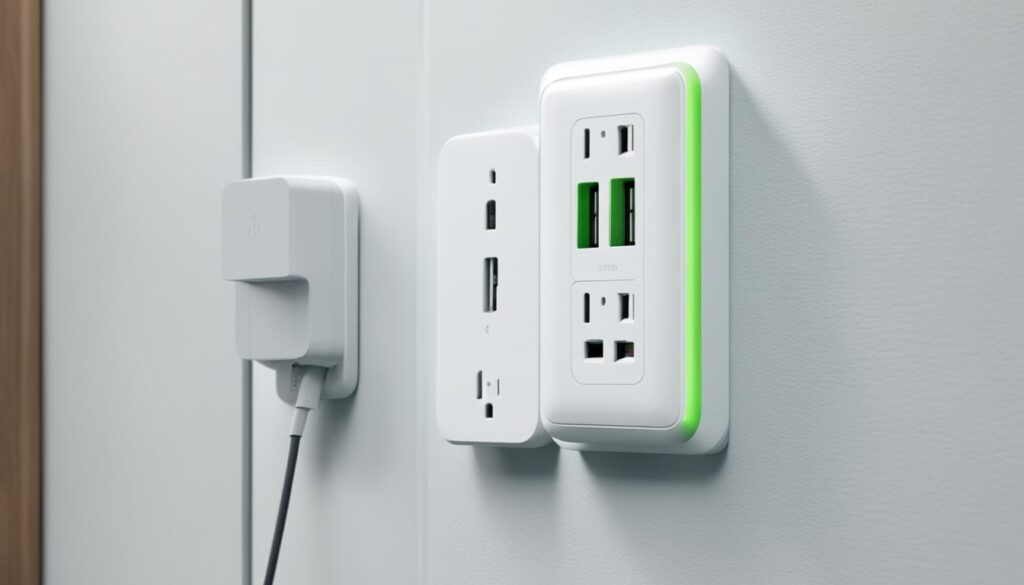
Did you know? The Tesla Wall Connector is a popular choice among Tesla owners due to its sleek design, high power output, and compatibility with Tesla vehicles. It offers a seamless charging experience and is compatible with both new and older Tesla models.
Optimal Charging Performance
For optimal charging performance, it’s crucial to ensure that the home EV charger you choose is compatible with your vehicle’s onboard charger. This compatibility will ensure that the charger communicates effectively with your vehicle, allowing for efficient and safe charging.
Integration with smart home charging solutions can further enhance the performance of your home EV charging setup. With advanced functionalities like energy management and smart grid interaction, these solutions optimize charging based on energy availability and help you take full advantage of time-of-use electricity rates.
By considering these key factors, you can select the right home EV charger that meets your charging needs, energy efficiency goals, and smart home integration requirements.
Evaluating the Cost and Efficiency
When choosing a home EV charger, it is crucial to assess its cost and efficiency. These factors play a vital role in determining the long-term affordability and effectiveness of the charging solution.
The Impact of Charging Costs
Charging costs for home EV chargers depend on the energy tariff, which can vary based on the time of day and electricity provider. To minimize charging expenses, it is advisable to take advantage of off-peak electricity rates. Charging your electric vehicle during off-peak hours can significantly reduce the cost of electricity consumption.
If you have solar panels installed on your property, you can further optimize your charging costs by harnessing solar energy to power your EV. Solar panel compatibility allows you to utilize clean, renewable energy and reduce your reliance on the grid, resulting in potential cost savings.
The Significance of Energy Efficiency
Energy efficiency is a critical aspect of home EV chargers as it directly impacts their power conversion and waste reduction capabilities. Opting for energy-efficient EV chargers can lead to lower electricity consumption and minimal energy wastage, ultimately reducing your environmental footprint.
Eco-friendly chargers are designed to support green energy inputs and prioritize sustainable charging practices. By choosing an energy-efficient charging solution, you can actively contribute to a cleaner and greener future while potentially qualifying for tax credits or incentives offered by certain regions for adopting eco-friendly technologies.
Considering Initial Costs
When evaluating the cost of a home EV charger, it’s essential to consider both the upfront purchase cost and installation expenses. The initial cost can vary depending on factors such as the charger’s power capacity, brand, and additional features.
While a higher-capacity charger may have a more substantial upfront cost, it can enable faster charging times and accommodate future vehicle upgrades. It’s crucial to strike a balance between affordability and functionality, ensuring that the charger meets your current and future charging needs.
Long-Term Cost Savings
Despite the initial investment, home charging stations can provide significant long-term cost savings compared to relying solely on public charging infrastructure. By charging your EV at home, you can benefit from off-peak electricity rates, potential solar panel integration, and reduced dependency on costly public charging networks.
Investing in an energy-efficient EV charger for your home not only saves you money but also contributes to a more sustainable transportation ecosystem. With advancements in electric vehicle charging technology and the availability of energy-efficient chargers, owning an electric vehicle has become an increasingly viable and cost-effective option for UK residents.
Conclusion
In 2024, the UK market offers a range of top-rated home EV chargers that are ideal for electric vehicle owners. These chargers have undergone significant advancements in terms of functionality and technology, providing users with an exceptional charging experience.
Some of the best home EV chargers in the UK include the MEGEAR Level 1-2 EV Charger, Easee Home Charger, Anderson A2 Home Charger, Emporia EV Charger, Hive Alfen Eve S Line EV Charger, and Evec EV Charger. These chargers are known for their reliability, performance, and innovative features.
These advanced home EV chargers are equipped with interactive screens for effortless user interaction. They are designed to be compatible with electricity meters, ensuring accurate energy consumption monitoring. Moreover, these chargers offer smart capabilities, enabling users to remotely monitor and control the charging process.
Furthermore, the integration of renewable energy sources makes these chargers environmentally friendly and sustainable. When selecting the best home EV charger, it is crucial to consider factors such as compatibility with your specific vehicle, power capacity, smart features, and cost-effectiveness.





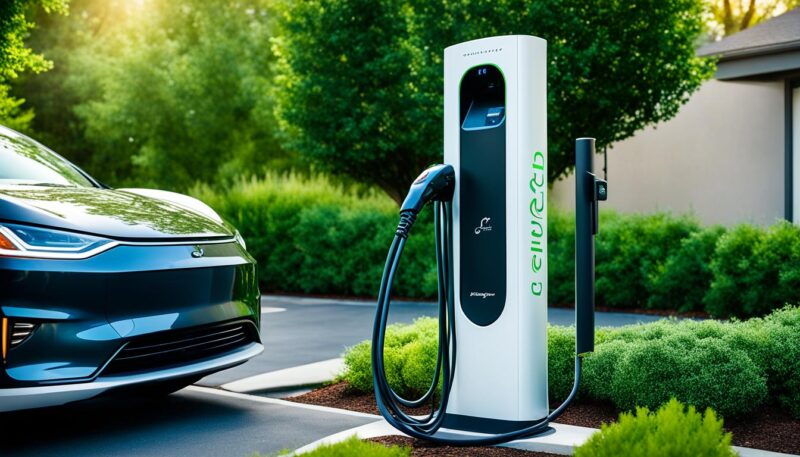

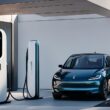
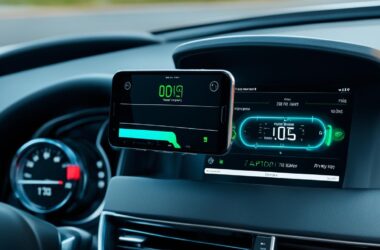
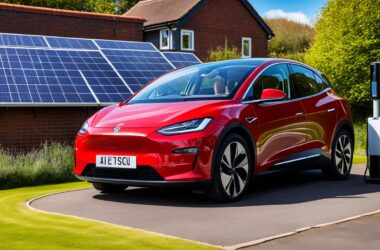

She found a new fertility doctor order priligy online usa Pei Y, Obaji J, Dupuis A, et al